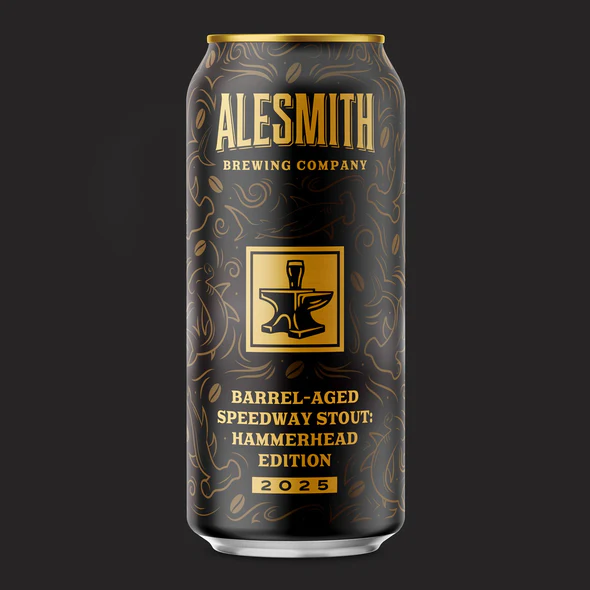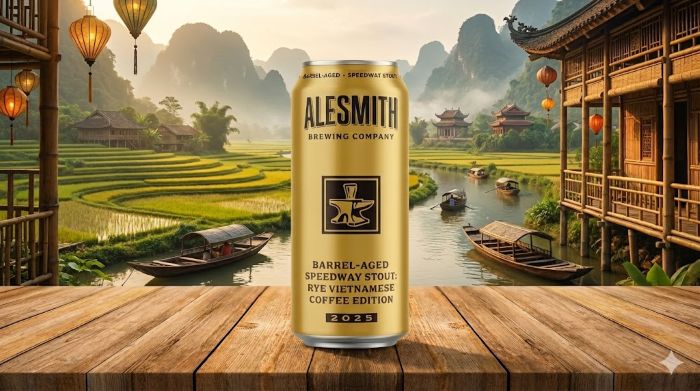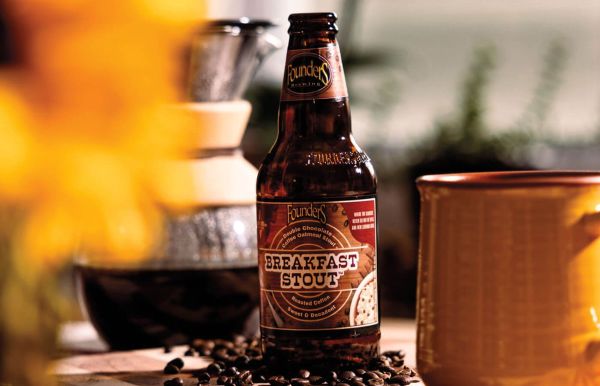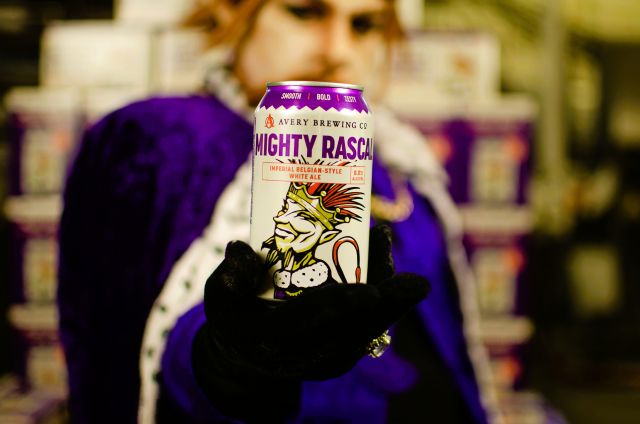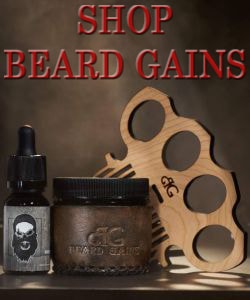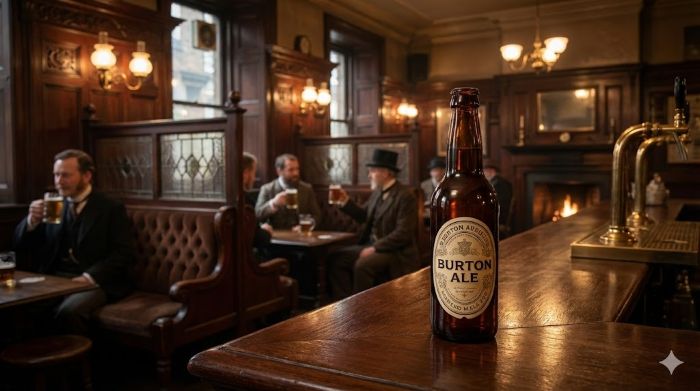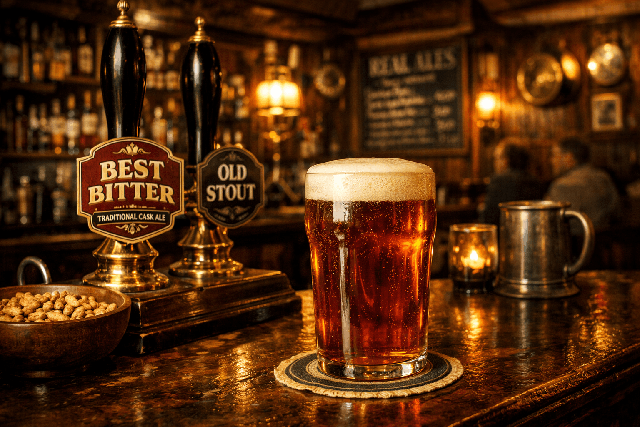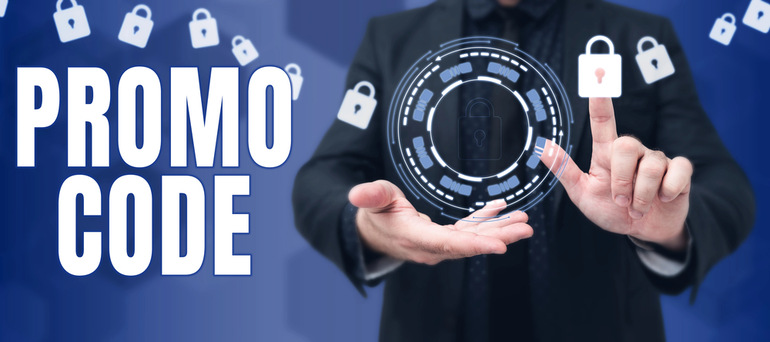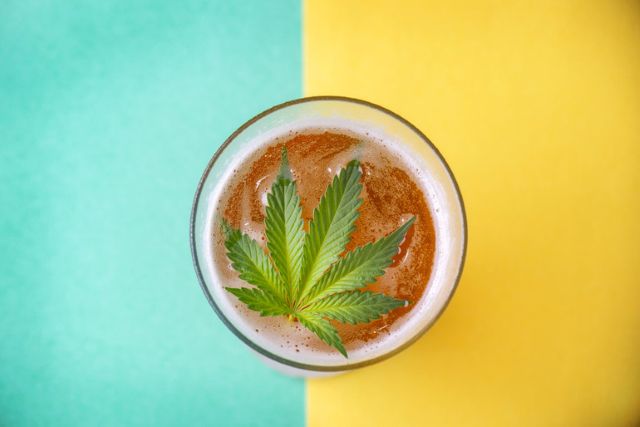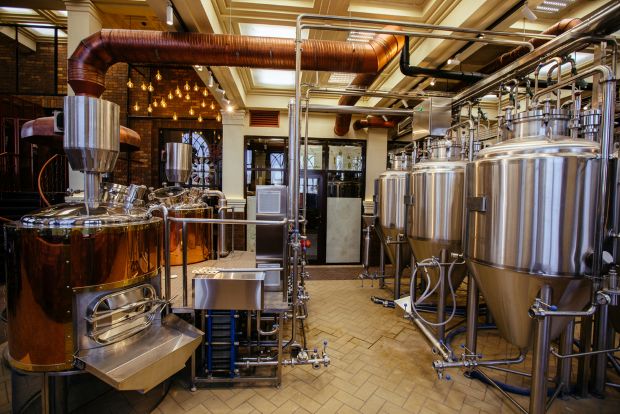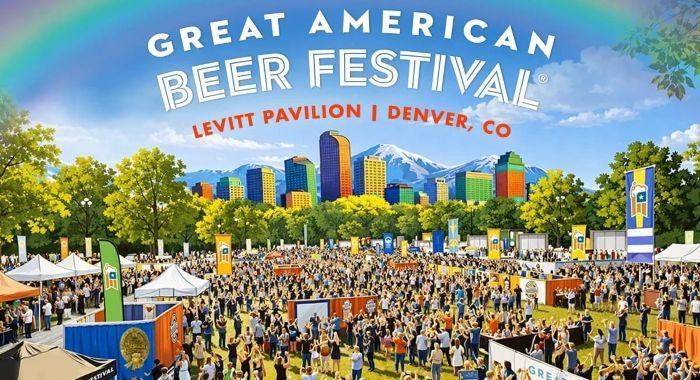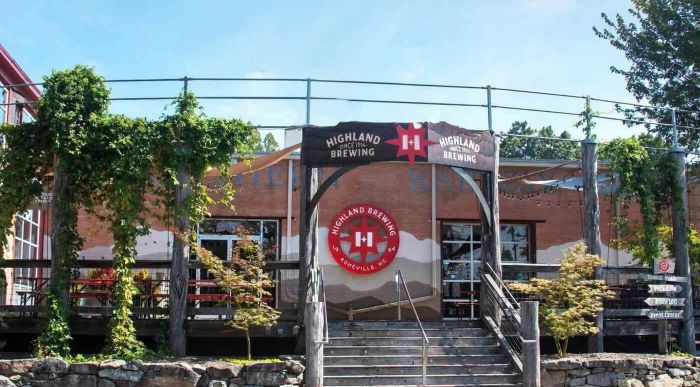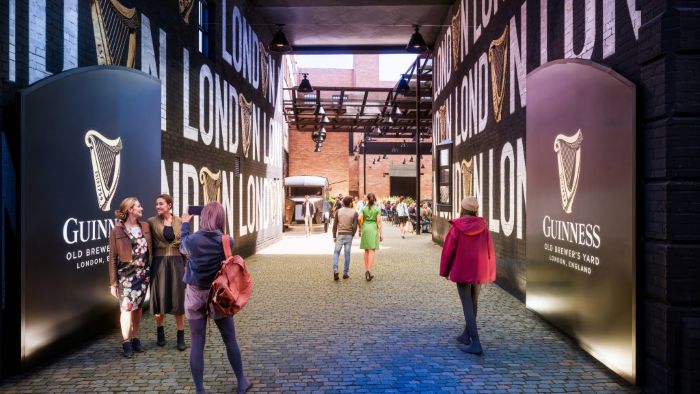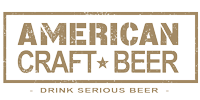Beer Institute Calls for Intoxicating Hemp Beverages to be Regulated
Beer Institute Calls for Intoxicating Hemp Beverages to be Regulated
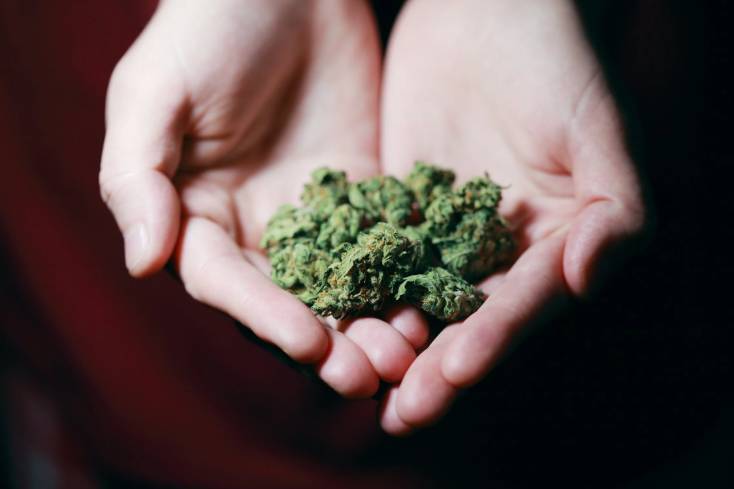
As the beverage and hemp markets evolve, the Beer Institute (BI) is stepping up to make the case that intoxicating hemp drinks cannot simply ride under the radar.
In a significant policy push, the Washington, DC-based trade organization, is urging lawmakers to impose stricter rules on hemp-derived beverages that generate a ‘high,” citing concerns about consumer safety, taxation, and fair competition.
A Call for a Level Playing Field
The Beer Institute, along with several beverage-alcohol trade groups, has publicly backed efforts to either ban or tightly regulate intoxicating hemp products, particularly beverages that harness hemp-derived cannabinoids.
Their concerns: a fast-growing market for hemp drinks that may fall through regulatory cracks, potentially leaving consumers vulnerable and alcohol producers at a competitive disadvantage.
According to the Institute’s policy statement, they support “efforts underway by lawmakers to close an unintended federal loophole that is enabling the proliferation of unregulated intoxicating hemp products across the country, including those containing synthetically derived THC.”
From the BI’s perspective, several issues are at stake:
 Consumer safety & clarity: The hemp-derived beverage market, especially those with intoxicating cannabinoids, is still a regulatory patchwork. BI argues this leads to inconsistent protections, unclear labeling, and potential risks for users.
Consumer safety & clarity: The hemp-derived beverage market, especially those with intoxicating cannabinoids, is still a regulatory patchwork. BI argues this leads to inconsistent protections, unclear labeling, and potential risks for users.
Taxation & fairness: Traditional alcoholic beverages are subject to well-established excise taxes and regulatory regimes. BI’s view: if hemp-based intoxicating beverages are legalized, they should face even higher taxes than beer and be subject to similarly rigorous oversight.
Market dynamics: For the BI and its members, the rise of intoxicating hemp beverages represents a potential competitive challenge—products that may avoid the regulatory/tax burdens of beer yet target similar consumers. Some observers view this as a business protection motive.
What the BI is Proposing
The Beer Institute lays out a four-part framework: revenue, regulation, responsibility, and research…
If legalized on a Federal level, impose a federal excise tax on intoxicating hemp/cannabis beverages, set higher than the highest rate for any alcoholic beverage.
Develop a robust regulatory regime: dedicated oversight, strict labeling, separate retail channels (not mixed with alcoholic beverages), and staff/resourcing for enforcement.
Zero-tolerance for driving impairment from THC/higher cannabinoid beverages until reliable roadside testing exists. Public consumption rules parallel to tobacco or alcohol.
Comprehensive research into health, safety, and social impacts of these products.
While the BI isn’t calling for an outright permanent ban on all hemp-based intoxicating beverages, they are strongly urging Congress to act now — either by removing these products from the marketplace temporarily or by swiftly crafting regulation.
The letter to congressional leaders emphasizes that manufacturers of “beverage alcohol” are ready to work with lawmakers and the administration to ensure a safe, orderly marketplace for intoxicating hemp-based products.
Obviously hemp industry stakeholders say that a total ban would harm legitimate hemp farmers and businesses making non-intoxicating products (e.g., CBD) as well. So the debate remains tangled in questions of how to draw the line between intoxicating vs. non-intoxicating hemp products, how states regulate them, and how federal law catches up.
Bottom Line
Congress is currently considering appropriations and hemp-related legislation, and the BI’s intervention adds pressure to include hemp-derived intoxicating beverages in the mix.
Expect continued hearings, lobbying, and potential amendments to the 2018 Farm Bill (which defined hemp as cannabis with no more than 0.3% delta-9 THC) or new federal standards targeting synthetically derived cannabinoids.
But whether you view these tangled issues as consumer protection, industry self-interest, or regulatory catch-up, the message is clear: the era of unregulated hemp beverages may be coming to an end — and beer companies want assurance the playing field is level.
###
